A Ph.D. in veterinary sciences is typically a five-year program in which students complete coursework and conduct an original research project. The focus is on the research aspects of veterinary medicine. However, there are many exceptions. The following information will help you understand how to pursue a Ph.D. in veterinary science. While completing your dissertation, you can also complete an MS in veterinary medicine. This degree recognizes scholarly research attainments and prepares graduates for a career in veterinary medicine.
Ph.D. in Veterinary Sciences Eligibility
Candidates who want to take admission in Ph.D. must have a post-graduate degree in Veterinary Sciences and its relevant discipline with at least 55% marks from a recognized university and must have passed the national level entrance examination or university level entrance examination. National level entrance exams like UGC NET / UGC CSIR NET / GATE / SLET or University entrance exams consist of written tests and personal interviews.
The Benefits of a Ph.D. in Veterinary Sciences
A Ph.D. in veterinary sciences is a research-based degree that prepares graduates for a wide range of career options in animal sciences. The types of organisms studied depend on the program and school, but opportunities can include animal nutrition, agriculture, disease control, pathology, health, and even wildlife conservation efforts. Although a Ph.D. does not allow graduates to work directly with animals, the training will help them in their practice and research.
A Ph.D. in veterinary sciences is often offered in conjunction with a D.V.M. degree, which means that students complete graduate coursework and perform a research project prior to completing their DVM. In most cases, a Ph.D. in veterinary science takes four years of graduate study. However, some universities offer direct entry to the doctoral program after completing a bachelor's degree.
The Career Opportunities of a Ph.D. in Veterinary Sciences
A Ph.D. in veterinary sciences opens a wide variety of career opportunities. Graduates are well-equipped to work on research projects involving food safety and "one-health" issues. A Ph.D. also qualifies candidates for a number of jobs in the biomedical and animal industries requiring scientific insight. The Ph.D. is designed to meet current and future needs for competence and provides graduate students with a higher level of independence and scientific expertise. They are well prepared for a career in veterinary medicine or animal health.
In addition to a D.V.M., a Ph.D. in Veterinary Sciences also prepares students for research careers. Graduates of this program can pursue careers in basic and applied research, as well as in the clinical development of drugs and therapeutic devices in the biotech industry. In addition to these career paths, Ph.D. graduates may also pursue teaching positions in the field of animal medicine. Despite the fact that a Ph.D. in Veterinary Sciences is a highly sought-after degree, there are several options for postdoctoral employment.
Veterinary scientists can choose from many career options, such as veterinarians and scientists. However, the Ph.D. program is also an excellent choice for students who want to work in academia and continue their studies in the field. The doctoral degree will help you gain research experience, which is essential to the advancement of your career in the field. Moreover, it will help you become an academic leader. With the help of your degree, you can show your leadership potential and innovation in your research work.
The Ph.D. in Veterinary Sciences is one of the most prestigious degrees offered by higher education institutions. The Ph.D. confers the title of "Doctor," which signifies that you are an expert in a certain field. If you're a science buff, this field may be an excellent choice. Typically, you will do laboratory work while completing your coursework. You will also have the opportunity to work in a clinic to see how well your skills are being applied.
The Future Scope of a Ph.D. in Veterinary Sciences
In addition to teaching, Ph.D. in veterinary sciences offers a number of career options. Graduates are highly sought after in fields such as food safety and "one health" problems, and they can pursue careers in journalism, food processing, and Cooperative Extension. Other career options for graduates of this degree include molecular biology and genetics, as well as animal nutrition and inspection. Depending on the program, Ph.D. in veterinary sciences graduates can pursue research and teaching careers.
Moreover, students who are interested in animal sciences can apply for a variety of Ph.D. positions in leading universities. These positions include veterinarians, animal scientists, and researchers in poultry and veterinary pharmacology and toxicology. While the field of veterinary medicine is populated with many promising career opportunities, the field has a strong potential for explorative research. As a result, Ph.D. candidates in veterinary sciences are in high demand across the world.
The future scope of a Ph.D. in veterinary science is wide. After completing your Ph.D., you'll be able to take on different jobs in different fields. The market value of this degree is a strong factor, and those who earn it can start their careers in a number of different fields. The future of veterinary science is bright and varied. With so many exciting career options and a wide range of job roles, it's hard to choose just one.
Ph.D. Research Programme duration
The Ph.D. in Veterinary Sciences course is a minimum of 3 years and a maximum of 5 duration. This depends on the university offering the course.
Fees for research program for Veterinary sciences
The average fee for Ph.D. in Veterinary Sciences degree is between INR 50000 and INR 500000.
 5 Years
5 Years
 PhD
PhD
 Research
Research








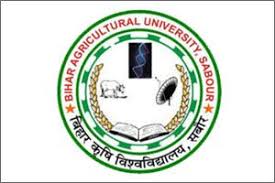
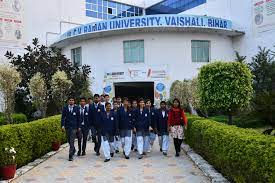
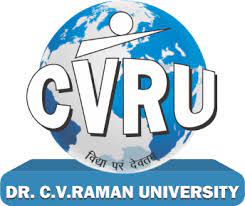


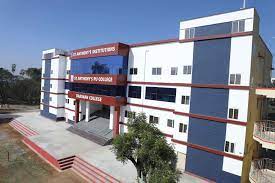




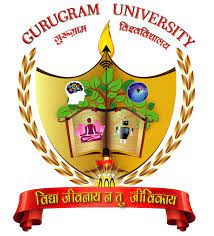

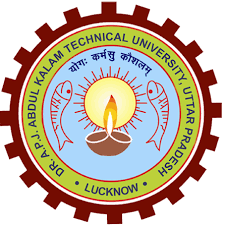
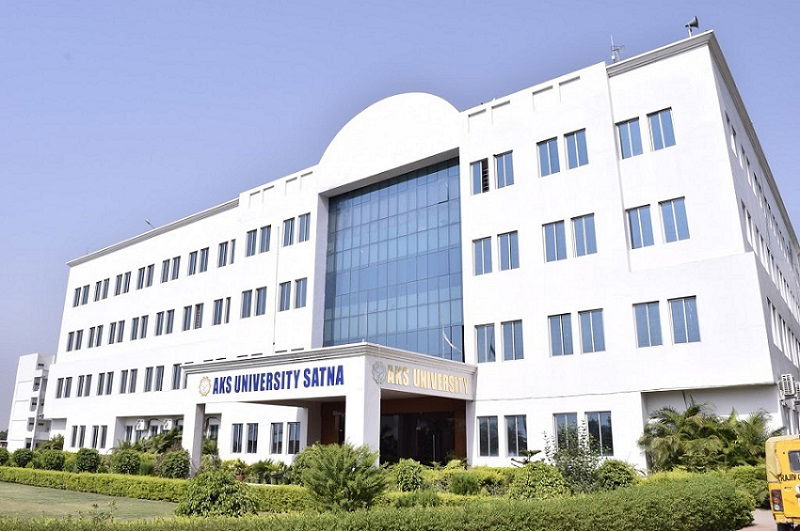
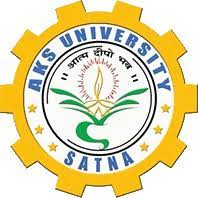
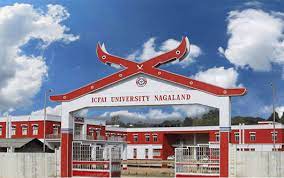



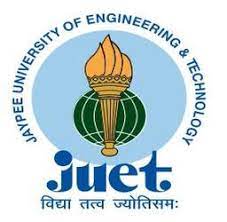



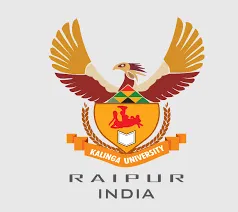

 back
back